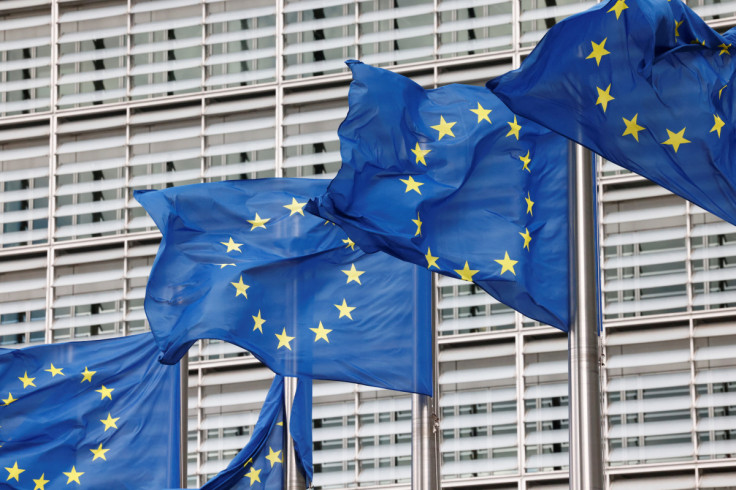EU Takes Malta To Court For Selling Citizenship To Wealthy Investors
KEY POINTS
- The sale of citizenship has generated more than 800 million euros ($780 million) for Malta between 2014 and 2020
- Malta suspended the program for Russian and Belarusian nationals following Russia's invasion of Ukraine
- As an E.U. member-state, Malta's citizens automatically gain an EU citizenship
The European Commission on Thursday said it was taking Malta to court for its golden passport policy that allows wealthy people of any nationality to buy the country's citizenship, allowing them to live and work in any EU country.
Malta offers a golden passport scheme, under which wealthy foreigners of any nationality can buy the country's citizenship for an investment of about 1 million euros ($970,000).
The sale of citizenship generated more than 800 million euros ($780 million) for Malta between 2014 and 2020 and was celebrated for helping it fund workers' salaries at the height of the COVID-19 crisis. Most of the investors came from the Gulf, the Far East and Russia.
Although Malta suspended the program for Russian and Belarusian nationals following Russia's invasion of Ukraine, it continues to operate the program for all other nationalities.
The Commission welcomed Malta's decision to suspend its program for Russian and Belarusian nationals, however, said: "While this was a positive step, Malta continues to operate the scheme for all other nationalities and has not expressed any intention to end it.
"The Commission considers that granting EU citizenship in return for pre-determined payments or investments without any genuine link to the Member State concerned is not compatible with the principle of sincere cooperation enshrined in Article 4(3) of the Treaty on European Union, and with the concept of Union citizenship, as provided for in Article 20 of the Treaty on the Functioning of the European Union," a statement issued by the Commission said.
Malta responded to the European Commission's action by refuting that the scheme was in violation of EU law, reiterating that its citizenship policy was strictly a matter of national competence.
The European Commission, which proposes and monitors EU laws, has therefore decided to refer Malta to the Court of Justice of the European Union in Luxembourg. However, the date for the hearing is yet to be determined.
Given that Malta is an E.U. member state, any person who holds a Maltese passport automatically gains EU citizenship, giving them the right to free movement, access to the EU internal market, and the right to vote and to be elected in European and local elections. For these reasons, the conditions for obtaining and losing nationality, regulated by the national law of each Member State, are also subject to EU laws.
The Commission pointed out that investor citizenship schemes are different from investor residence schemes or "golden visas," which allow third-country nationals, subject to certain conditions, to obtain a residence permit to live in an EU country.
Although the Commission said both types of schemes pose serious risks with regard to security, money laundering, tax evasion and corruption, it said, citizenship schemes allow a person to acquire a new nationality without the absence of a genuine link with the naturalizing country, such as a long-term residence.
The European Commission pursued similar action against such investor citizenship schemes operated by Cyprus and Bulgaria. However, Malta is the only E.U. Member-state that still operates such a scheme.
In October 2020, the Commission started an infringement procedure against Cyprus for its investor citizenship scheme, following which Nicosia suspended it in November 2020, although it continued to process pending applications till July 2021. The European Commission is closely analyzing the situation before deciding on any next steps, the statement added.
Bulgaria abolished a similar scheme in April following the Commission's pressure.
If Malta loses its case at the Court of Justice of the European Union, it must comply with the court decision or face hefty fines.

© Copyright IBTimes 2025. All rights reserved.






















